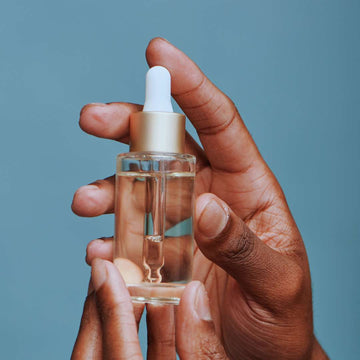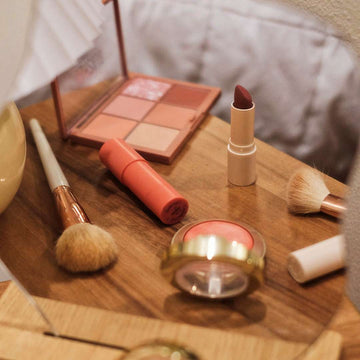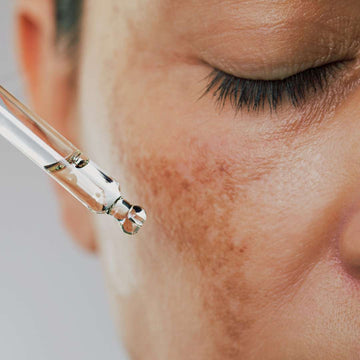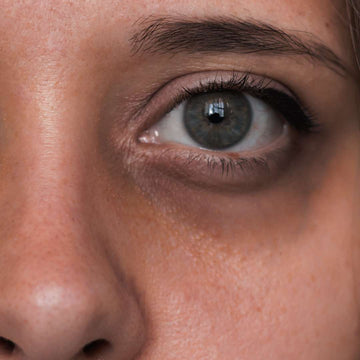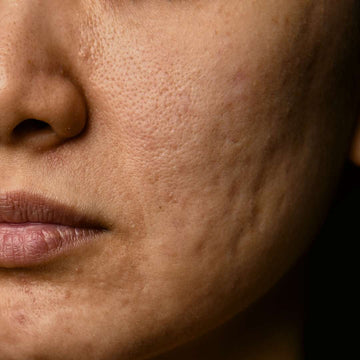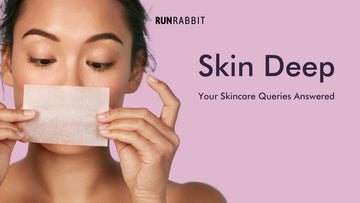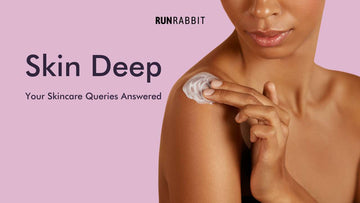Skin Deep blog series is for you who have a multitude of queries regarding skincare but are still hesitant to ask another person. We are ready to answer the most common skincare-related questions asked by you! Are you ready?
SKINCARE QUERY NO.14
"How Can I Know What Products Suit My Skin and What Products Do Not Suit Me?"
This is like the craziest question ever, yet the most prudent question ever if we think about it further on a serious note. Although there are dozens and dozens of products in the market out there, can we buy and use every other product on our skin? A BIG NO is the answer, obviously. Before buying anything for yourself, you should know what your needs and preferences are.
In other words, just imagine that you are going to buy some goods from the supermarket. Won't you check the ingredients? Won't you think whether this would suit your meal plan or diet plan? Won't you think whether any ingredients are harmful to your health in that specific food item or grocery item you are going to purchase? Of course, you are going to check everything before buying a grocery item. So why not check whether the specific skincare product suits you or not? But now the question is, how are you going to differentiate between what is good for you and what is bad for you? The simplest answer is that you have to understand your skin first. Understanding your skin will help you maintain your skin in the long run.
The first and most basic thing you have to do is identify your skin type. Is your skin oily, dry, combination, or sensitive? Each skin type has specific needs and reacts differently to various ingredients. For example, oily skin may benefit from products containing salicylic acid or niacinamide to control excess oil, while dry skin may need hydrating ingredients like hyaluronic acid or ceramides. To know more about how to identify your skin type you can read the Skincare Query No.01 HOW CAN I DETERMINE MY SKIN TYPE?
Identifying your skin type helps you a great deal. But you have to consider any skin concerns you might have, such as acne, hyperpigmentation, or aging. Different products target different issues, so knowing what you want to address will help you choose the right products. If you’re dealing with acne, look for products with benzoyl peroxide or tea tree oil. For hyperpigmentation, ingredients like Vitamin C or alpha arbutin can be beneficial. This is why we always ask the following most asked questions from you whenever we are asked for product recommendations.
- What is your skin type?
- Are there any skin concerns we should be aware of before recommending you products?
Patch testing is a crucial step in determining if a product suits your skin. Apply a small amount of the product on a discrete area of your skin, like behind your ear or on your wrist, and wait 24-48 hours to see if any reaction occurs. This can help prevent potential allergic reactions or irritations before applying the product to your face.
Read product labels and ingredient lists carefully. Familiarize yourself with common ingredients and their effects. Avoid products with alcohol, strong fragrances, or harsh chemicals if you have sensitive skin. Look for products labeled as non-comedogenic if you’re prone to breakouts.
Consulting a dermatologist can provide personalized advice based on your skin’s specific needs. They can recommend products and ingredients that will work best for you and help you avoid those that might cause problems.
Additionally, read reviews and seek recommendations from trusted sources. Hearing about other people’s experiences with a product can give you valuable insights. However, remember that what works for one person might not work for another, so always consider your unique skin type and concerns.
Lastly, introduce new products into your routine gradually. Adding too many new products at once can overwhelm your skin and make it difficult to identify what’s working and what’s not. Start with one new product, monitor how your skin reacts, and then introduce another.
Understanding your skin and its needs is key to finding the right skincare products. By taking the time to research, patch test, and consult professionals, you can create a skincare routine personalized to your skin’s unique requirements.
Remember,
'Being mindful is key for perfection, and it is the same for your skincare too.'
This thoughtful approach will help you achieve healthy, radiant skin without the trial and error of using unsuitable products.
But also remember it takes time to find the perfect product for your skin, so take your time, don't rush and choose the best.










